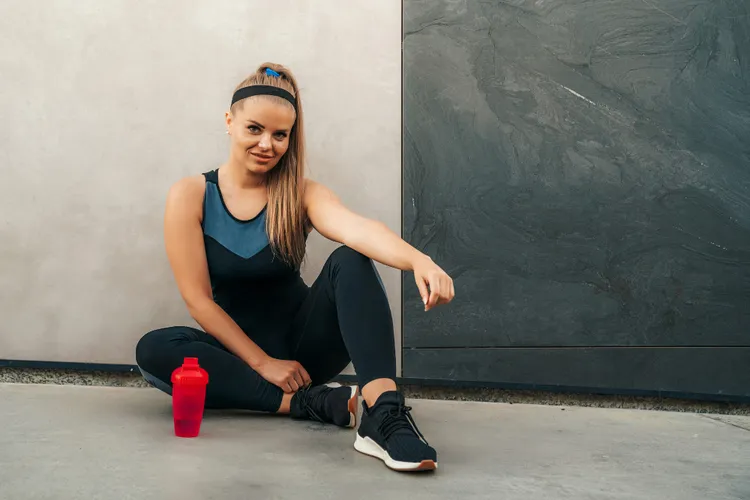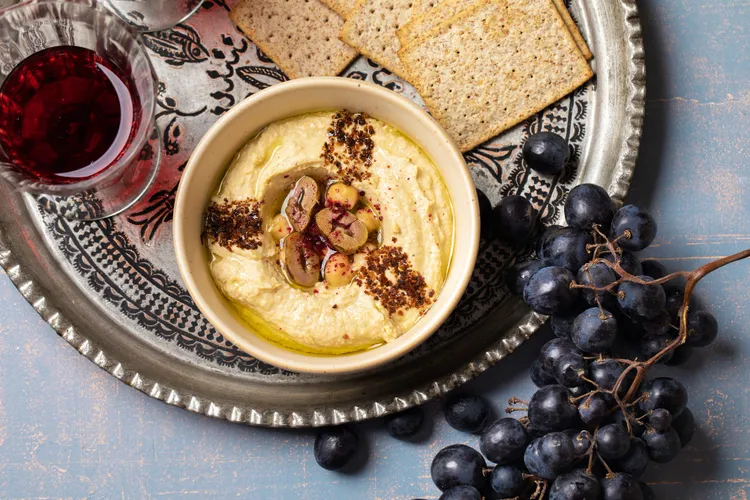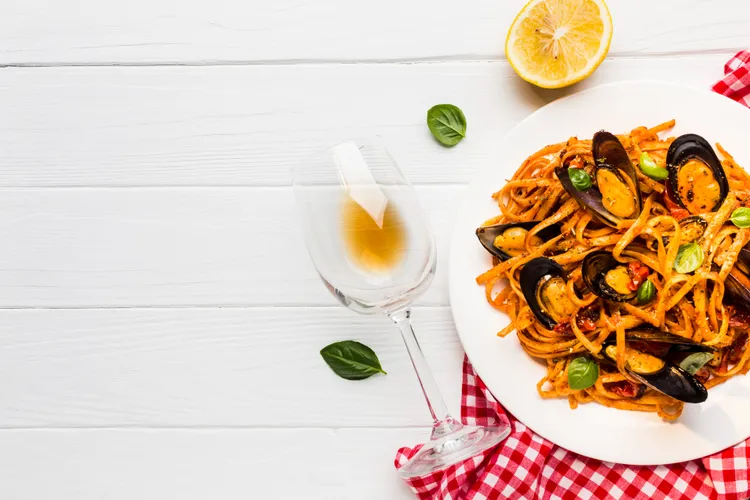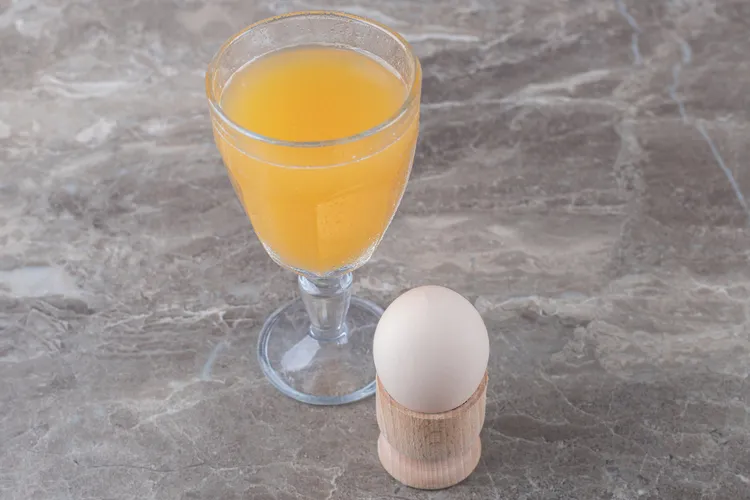What to Eat After a Workout: Fueling Recovery for Optimal Performance
Post-workout nutrition is a critical yet often overlooked component of fitness and overall health. Whether you’re lifting weights, running, practicing yoga, or engaging in high-intensity interval training (HIIT), what you eat after exercise can significantly impact your recovery, muscle growth, energy replenishment, and long-term performance. The right post-workout meal or snack helps repair muscles, restore glycogen, reduce inflammation, and prepare your body for your next session.

Why Post-Workout Nutrition Matters
Exercise places stress on your body - breaking down muscle fibers, depleting glycogen (stored carbohydrates), and increasing inflammation. While this stress is necessary for growth and adaptation, proper nutrition is essential to repair and rebuild. Here’s why post-workout eating is so important:
- Muscle Repair and Growth:
- Resistance training or high-intensity exercise causes microtears in muscle fibers. Protein provides amino acids to repair and rebuild these fibers, promoting muscle growth (hypertrophy) or maintenance.
- Science Says: A 2018 study in The Journal of the International Society of Sports Nutrition found that consuming 20-40g of protein within 2 hours post-workout maximizes muscle protein synthesis.
- Glycogen Replenishment:
- Carbohydrates are stored as glycogen in muscles and the liver, serving as a primary fuel source during exercise. Replenishing glycogen restores energy for future workouts.
- Science Says: A 2020 review in Sports Medicine noted that consuming carbs post-workout, especially with protein, enhances glycogen synthesis, particularly after endurance or high-intensity sessions.
- Reducing Muscle Soreness and Inflammation:
- Exercise-induced inflammation and oxidative stress can lead to delayed onset muscle soreness (DOMS). Anti-inflammatory foods and adequate hydration can mitigate these effects.
- Science Says: A 2021 study in Nutrients found that antioxidant-rich foods (e.g., berries, leafy greens) reduce inflammation and speed recovery.
- Energy Restoration and Hormonal Balance:
- Exercise depletes energy stores and elevates stress hormones like cortisol. A balanced post-workout meal stabilizes blood sugar and reduces cortisol, promoting recovery.
- Science Says: A 2019 study in Frontiers in Endocrinology showed that a post-workout meal with carbs and protein lowers cortisol and supports hormonal balance.
- Preventing Overtraining and Fatigue:
- Inadequate nutrition can lead to prolonged fatigue, reduced performance, and increased injury risk. Proper post-workout fueling supports consistent training.
The Key Components of Post-Workout Nutrition
To optimize recovery, your post-workout meal or snack should include three main components: protein, carbohydrates, and hydration, with optional healthy fats and micronutrients for added benefits. Here’s a breakdown:
- Protein:
- Why: Supplies amino acids for muscle repair and growth.
- How Much: Aim for 20-40g of high-quality protein, depending on body weight (0.25–0.4g per kg of body weight) and workout intensity.
- Sources: Lean meats, fish, eggs, dairy, tofu, tempeh, lentils, or protein powders (whey, pea, or hemp).
- Carbohydrates:
- Why: Replenish glycogen stores and provide energy.
- How Much: 0.5-1g per kg of body weight, with higher amounts for endurance athletes or intense sessions. For example, a 70kg person needs 35-70g carbs.
- Sources: Whole grains (quinoa, brown rice), fruits (bananas, berries), starchy vegetables (sweet potatoes), or oats.
- Hydration:
- Why: Replaces fluids and electrolytes lost through sweat, supporting muscle function and recovery.
- How Much: Drink 16–24 oz of water for every pound of body weight lost during exercise. Add electrolytes (sodium, potassium) for intense or sweaty workouts.
- Sources: Water, coconut water, or electrolyte-enhanced drinks (low-sugar).
- Healthy Fats (Optional):
- Why: Provide anti-inflammatory benefits and support long-term energy, though they slow digestion slightly, so use sparingly immediately post-workout.
- Sources: Avocado, nuts, seeds, or olive oil.
- Micronutrients and Antioxidants:
- Why: Vitamins (e.g., C, E) and minerals (e.g., magnesium, potassium) reduce inflammation and support muscle function.
- Sources: Colorful fruits and vegetables, nuts, or seeds.
Timing: The Post-Workout “Anabolic Window”
The “anabolic window” refers to the period after exercise when your body is most receptive to nutrients for recovery. While older research emphasized eating within 30–60 minutes post-workout, newer studies suggest this window is more flexible.
- Science Says: A 2020 meta-analysis in Sports Medicine found that protein and carbs consumed within 2-3 hours post-workout are effective for muscle repair and glycogen replenishment, especially if you haven’t eaten recently.
- Practical Tip: If you ate a balanced meal 1-2 hours before exercising, you can wait up to 3–4 hours post-workout. If you trained fasted or haven’t eaten in 4+ hours, aim to eat within 1-2 hours.
The Best Foods to Eat After a Workout
Here’s a curated list of the best post-workout foods, grouped by nutrient category, with portion suggestions and benefits:
Protein-Rich Foods
- Grilled Chicken Breast (3 oz, ~26g protein, 140 calories):
- High in lean protein, low in fat. Pair with sweet potato for carbs.
- Salmon (3 oz, ~20g protein, 175 calories):
- Rich in omega-3s to reduce inflammation, plus protein for muscle repair.
- Greek Yogurt (Plain, 3/4 cup, ~17g protein, 100 calories):
- Provides casein for slow-release protein, ideal for overnight recovery.
- Eggs (2 large, ~12g protein, 140 calories):
- Complete protein with all essential amino acids. Scramble with veggies.
- Whey Protein Powder (1 scoop, ~20–25g protein, 120 calories):
- Convenient, fast-digesting protein for quick recovery. Blend with fruit.
- Tofu or Tempeh (3/4 cup, ~15g protein, 150 calories):
- Plant-based protein with fiber and minerals. Stir-fry with veggies.
- Lentils (1/2 cup cooked, ~9g protein, 115 calories):
- Budget-friendly plant protein with carbs and fiber.
Carbohydrate-Rich Foods
- Sweet Potato (1 medium, ~23g carbs, 100 calories):
- High in complex carbs, fiber, and vitamin A for glycogen and immunity.
- Banana (1 medium, ~27g carbs, 90 calories):
- Quick-digesting carbs and potassium to restore electrolytes.
- Oats (1/2 cup cooked, ~27g carbs, 150 calories):
- Slow-release carbs for sustained energy. Mix with protein powder.
- Quinoa (1/2 cup cooked, ~20g carbs, 110 calories):
- Nutrient-dense with protein and magnesium for muscle function.
- Berries (1 cup, ~15g carbs, 60 calories):
- Low-glycemic carbs with antioxidants to reduce inflammation.
- Rice Cakes (2 cakes, ~14g carbs, 70 calories):
- Quick carbs, perfect with a protein spread like almond butter.
Hydration and Electrolyte Sources
- Water: Zero calories, essential for rehydration.
- Coconut Water (8 oz, ~11g carbs, 45 calories):
- Natural electrolytes (potassium, sodium) for intense workouts.
- Electrolyte Tablets (e.g., Nuun, ~1g carbs, 10 calories):
- Low-sugar option for electrolyte replenishment.
Healthy Fats (Use Sparingly)
- Avocado (1/4 avocado, ~4g fat, 60 calories):
- Anti-inflammatory monounsaturated fats.
- Almonds (10 nuts, ~7g fat, 70 calories):
- Provides vitamin E and magnesium.
Antioxidant-Rich Add-Ons
- Spinach or Kale (1 cup, ~1g carbs, 10 calories):
- Vitamin C and K to combat oxidative stress.
- Blueberries (1/2 cup, ~10g carbs, 40 calories):
- High in anthocyanins for inflammation reduction.
Special Considerations for Post-Workout Nutrition
- Workout Type and Intensity:
- Strength Training: Prioritize protein (20-40g) with moderate carbs (20-40g) to support muscle repair.
- Endurance: Emphasize carbs (40-70g) with protein (15-25g) for glycogen replenishment.
- Light Exercise (e.g., Yoga): A small snack (10-15g protein, 10-20g carbs) may suffice.
- Dietary Preferences:
- Vegan/Vegetarian: Use tofu, tempeh, lentils, or plant-based protein powders.
- Low-Carb/Keto: Focus on protein (eggs, chicken) and low-carb veggies (spinach, zucchini) with healthy fats (avocado).
- Gluten-Free: Choose quinoa, rice, or gluten-free oats.
- Timing and Hunger:
- If you’re not hungry post-workout, a protein shake or small snack is enough. Don’t force a large meal.
- If you ate pre-workout, you can delay your post-workout meal slightly.
- Hydration Needs:
- For sweaty workouts (e.g., hot yoga, running), prioritize electrolytes via coconut water or low-sugar sports drinks.
- Weigh yourself before and after exercise to estimate fluid loss (replace 16-24 oz per pound lost).
- Health Conditions:
- Diabetes: Choose low-glycemic carbs (e.g., berries, quinoa) to avoid blood sugar spikes.
- Digestive Issues: Avoid high-fiber or fatty meals immediately post-workout if you’re prone to bloating.
Common Mistakes to Avoid
- Skipping Post-Workout Nutrition: Missing the meal can delay recovery, increase soreness, and reduce performance.
- Overloading on Carbs or Protein: Balance is key - excess carbs can lead to fat storage, while too much protein may strain kidneys in some cases.
- Relying on Sugary Sports Drinks: Many are high in sugar (e.g., 34g per 20 oz Gatorade). Opt for low-sugar or electrolyte-only options.
- Eating Junk Food: A post-workout burger and fries might feel rewarding but lacks the nutrients needed for recovery.
- Neglecting Hydration: Dehydration slows recovery and impairs muscle function.
Fuel Your Body, Feed Your Goals
Post-workout nutrition is a game-changer for recovery, performance, and overall health. By combining protein (20–40g) for muscle repair, carbohydrates (20–70g) for glycogen replenishment, and hydration for fluid balance, you set your body up for success. Choose nutrient-dense foods like chicken, salmon, sweet potatoes, or Greek yogurt, and tailor your choices to your workout type and dietary needs. Timing matters, but don’t stress - eating within 2–3 hours post-workout is generally sufficient. Experiment with delicious, balanced meals and snacks to make recovery both effective and enjoyable.
Next time you finish a workout, reach for a protein-packed smoothie, a salmon-quinoa bowl, or a simple yogurt-berry combo. Your muscles, energy levels, and fitness goals will thank you for fueling them right.









